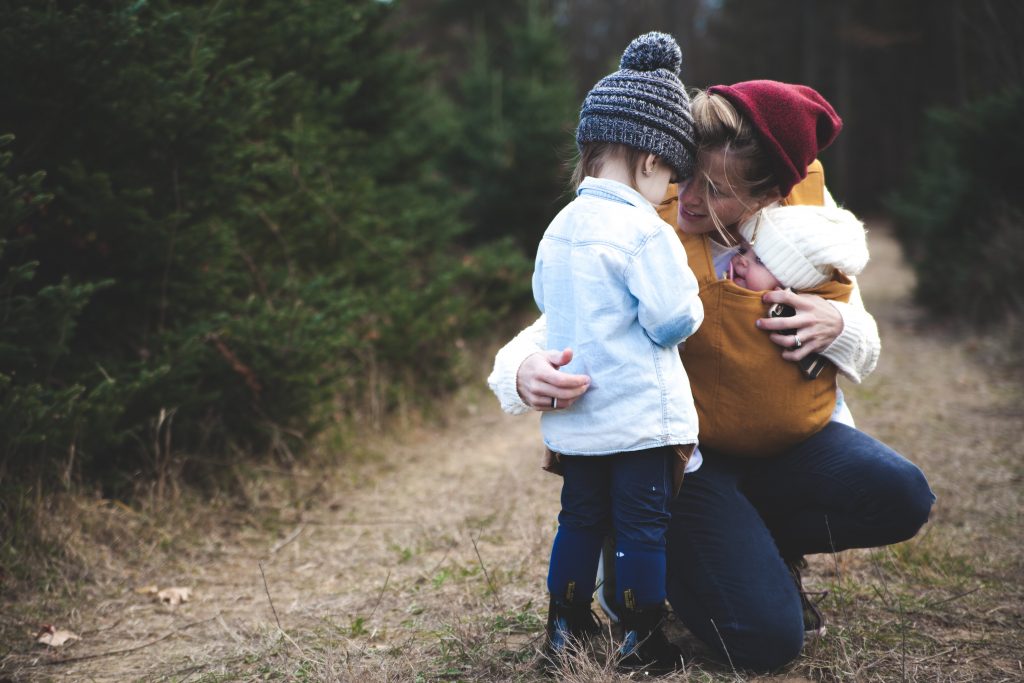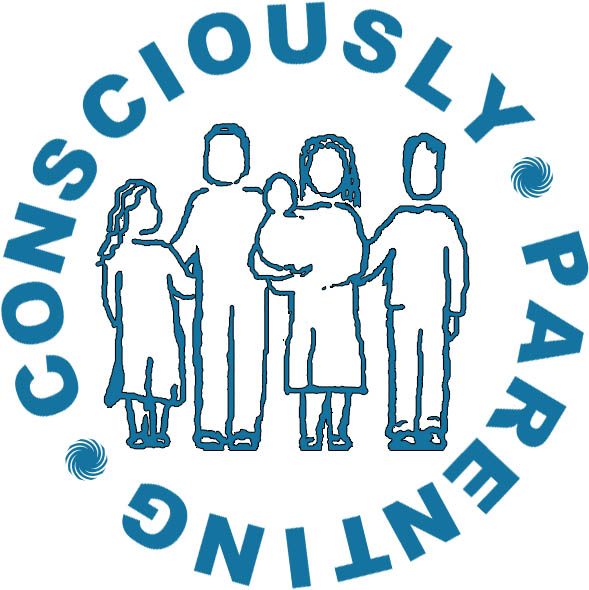What is co-regulation?

Question:
Rebecca, I’ve heard you talk about co-regulation and I want to understand more about what that means. I have a toddler and a newborn. How does this apply to our lives? How can this help us to have a more peaceful family life? Is that possible with a newborn and a toddler?
Answer:
Thank you for your question! First, let’s define what co-regulation means and then we’ll look at how it can help you have a more peaceful life with your little ones.
Regulation is the feeling of calm through your whole body and nervous system. This is not about acting calm, or putting on a happy face, but actually being settled in your whole being.
Co-regulation is supporting each other to be in this space of calm throughout your whole body and being.
My mentor, Ray Castellino, said that mothers and babies are actually co-regulating, or regulating each other. We tend to think of the mother or parent as being the one who calms the baby down, but it is more complex than that. The mother soothes the baby, the baby settles, and, in turn, the baby supports the mother in regulating. The same happens with the bodies of mothers and babies who are in connection. Mother and baby’s body temperatures will regulate and their breathing and heart rates will synchronize, and when this happens, they become a co-regulated pair, in connection with each other.
Can you connect with an experience where that happened for you? Can you feel what that felt like, maybe holding your own sleeping newborn?
Calming in Connection
Much of the parenting information out there seems to focus on getting our kids to go somewhere else to “calm down.” This is often what was done to us when we were growing up and so we unconsciously repeat it with our own children, not knowing what else we could possibly do. But young ones’ growing bodies, in infancy and toddlerhood especially, are not able to regulate from a place of upset: they can’t truly calm themselves without the help of another/their caregiver.
Making our children go away or be by themselves to “learn to calm down” actually results in children who appear independent, but who have actually learned that there isn’t room for their feelings in the relationship. Even as adults, there are situations where we need someone else’s regulated nervous system to support us in regulating—in calming our bodies and our emotional state of being. Co-regulation helps us to get in sync with one another, to allow space for the feelings that need to be expressed and then to settle together.
Co-regulation is about slowing down and being with the pace of the baby, or with the pace of the nervous system, which is much slower than most of our adult lives. I remember my oldest son as a baby crying a lot and I can see how much he just needed me to slow down because my pace was too fast. I was anxious as a new mom and wanted to do what he needed. In that quest, I often missed what we both were really needing, to co-regulate and just be together. I started to understand that as he got a little older and we were able to settle in together much more.
I see this all the time when I’m working with families with little ones when the parent or caregiver finally begins to understand the communication from the baby or young child. There’s a settling that happens in the family and more connection all around.
Co-regulation isn’t just for little ones
Co-regulation isn’t just for babies and toddlers. Co-regulation happens between couples, with older children and parents, with siblings, and between adult children and their parents, too. It is a natural part of being in relationship and one that is often missed. Children, while not their responsibility to calm a parent, have a role in regulating the relationship, and working together means that everyone’s needs can be met more of the time.
When we shift from, “I have to calm the baby” to “We’re co-regulating and my baby is participating in this process,” there’s room for a shift in understanding and connection. When we realize that we are supporting our child’s development and ability to regulate every time we support that process of regulating together, it makes it a little easier to be present to the giving and the receiving that’s actually happening.
To be clear, this isn’t a shushing process for the baby, but actually a listening, being with, connecting time, making room for feelings and expression and that allows the settling and co-regulation to emerge. It can also touch on our own early stories held in our body memory, or implicit somatic memory, so sometimes we also need another layer of support to really be able to listen.
Co-regulation with your partner or another adult
If you have a partner and can co-regulate with your partner, that’s another powerful way that co-regulation can support you and your partner and your growing family. If you don’t have a partner, then another adult who can be with you is even more important. Someone who can be with you, offer some touch (hugs, a hand on the shoulder), listening for you, not try to fix it for you, or rush you through your feelings helps you to connect with the felt sense of co-regulation. Holding your baby while you’re being supported by another person helps you to settle and your baby feels that. So reach out for some support if you need it!
Co-regulating is pretty misunderstood in the parenting world and I think it can actually be an important part of your parenting toolbox to support your family to be more connected and to support more peace for all. Best of luck to you!


